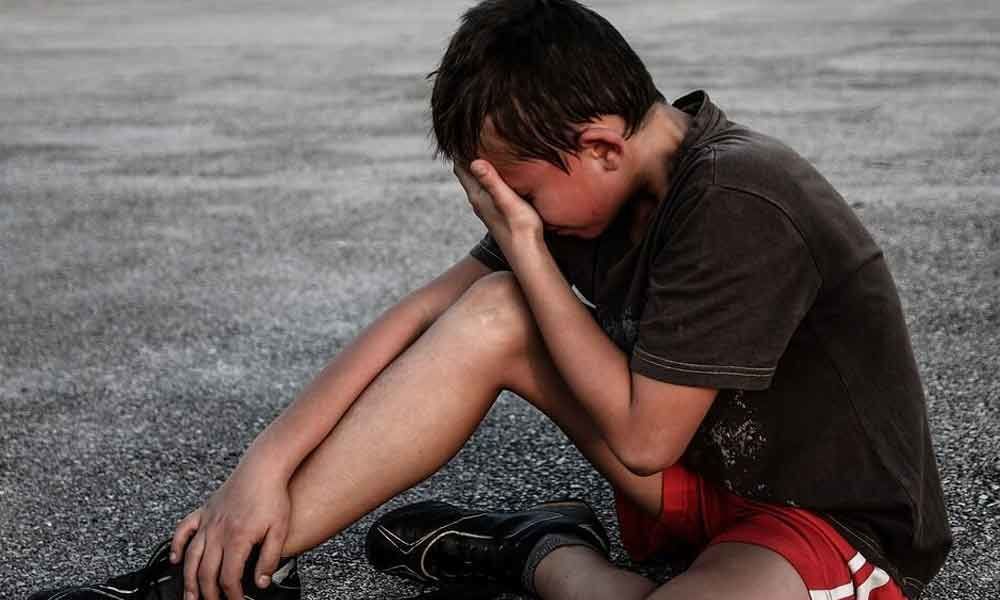For pain, loss and betrayal

Human beings are creatures of habit, driven by emotion just as strongly as by reason.
Human beings are creatures of habit, driven by emotion just as strongly as by reason. We become used to be being a certain way, and over time, our reactions to people, things, and situations around us also begin to follow a pattern.
Especially when those situations involve pain, loss or betrayal, our reactions can be predicted based on the personalities we've developed over the years.
But we don't all react the same way – some of us find it harder to deal with pain and betrayal than others.
Some will be able to present that they are feeling fine when in reality, they've just swept the issue under the rug instead of dealing with it. Others, still, seem to be immune to it and soldier on.
Understanding your own feelings is the first step in forgiveness. Whether it is pain, loss, and betrayal, the first step is to be kind to yourself.
Forgiveness is a difficult path to tread upon. It requires almost as much from us as it does from the person being forgiven.
One cannot understand how to overcome the pain they are experiencing and move on to forgiveness. There remains a sense of things remaining unsaid, issues remaining unresolved.
It is sometimes easier to ignore instead of forgiving. You simply shut down every thought related to that incident that caused pain or sorrow and led to betrayal. You shut down physically as well, flinching each time your partner comes close.
You give in to reactionary thoughts of anger when you do allow yourself to think about it, and the questions are usually extreme – should you go or should you stay? Why would you want to stay, what's holding you back? Don't you want to be happy?
So, you can see that forgiving another person is actually a deeply personal and individual experience. It has more to do with you than the person who hurt you. You begin to confuse your own self-worth with the experience of being hurt.
You may question – do you even matter? Should you be taking any action at all?
Time and time again, we have heard about friends, neighbours or in the family who say they are doing fine in their relationship, because they simply ignore or overlook the betrayal or the disloyalty.
Just to give an example. Someone was cheated on by her husband. Unfortunately, she just couldn't begin to place herself at the centre of the situation. She couldn't think beyond her family and children.
Yes, the children will also suffer, and they will also feel the pain of a separation or another change. But at the end of the day, choosing to stay silent will cause its own kind of suffering.
Not only will the mother or father continue to grieve in a silent, unspoken way, but the children will experience the agony too. It is only her husband who benefits from her silence – no one else.
Whether or not you've experienced pain and betrayal already, it's always advisable to set yourself to learn the skills.
No matter how much you love and trust your partner, or if you don't even have a partner yet – it can be invaluable to look out for yourself.














